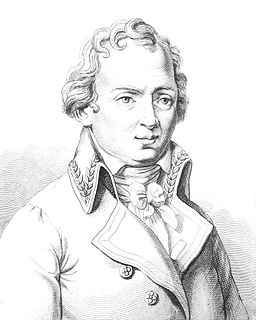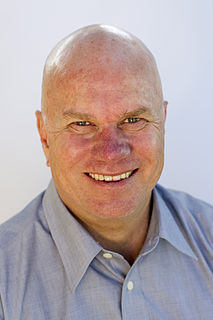A Quote by Charles de Lint
It's not the work or the personality of the founder of a religion that's important, but what its followers do with what they learn.
Related Quotes
Serious or trivial, his daily behavior has instituted a canon which millions observe this day with conscious memory. No one regarded by any section of the human race as Perfect Man has ever been imitated so minutely.The conduct of the founder of Christianity has not governed the ordinary life of his followers. Moreover, no founder of a religion has left on so solitary an eminence as the Muslim apostle.
...there ... remains a huge following [of Ayn Rand's philosophy] of those who ignore the indiscretions, infidelities, and moral inconsistencies of the founder and focus instead on the positive aspects of her philosophy. There is much in it to admire, if you do not have to accept the whole package... Criticism of the founder or followers of a philosophy does not, by itself, constitute a negation of any part of the philosophy... Criticism of part of a philosophy does not gainsay the whole.
The soul is that part of us that is immortal. It existed before the personality was born and it will exist after the personality is gone. The personality is an energy tool of the soul that is temporary. Through it we learn in this domain of the five senses. We learn through what we create and the impact that it has on us. This process is becoming conscious.
The thing that's confusing for investors is that founders don't know how to be CEO. I didn't know how to do the job when I was a CEO. Founder CEOs don't know how to be CEOs, but it doesn't mean they can't learn. The question is... can the founder learn that job and can they tolerate all mistakes they will make doing it?
Not many of us will be leaders; and even those who are leaders must also be followers much of the time. This is the crucial role. Followers judge leaders. Only if the leaders pass that test do they have any impact. The potential followers, if their judgment is poor, have judged themselves. If the leader takes his or her followers to the goal, to great achievements, it is because the followers were capable of that kind of response.
Often, in a given project team or network, one sees leadership roles shifting among various members at various times. Attempts to fit these into traditional views of "leader" and "follower" don't quite work. It's more like Twitter: the "leader" has "followers" - but the "followers" are empowered to alter the relationship unilaterally, and the "leader" must continually earn the consent of the "followers."






































